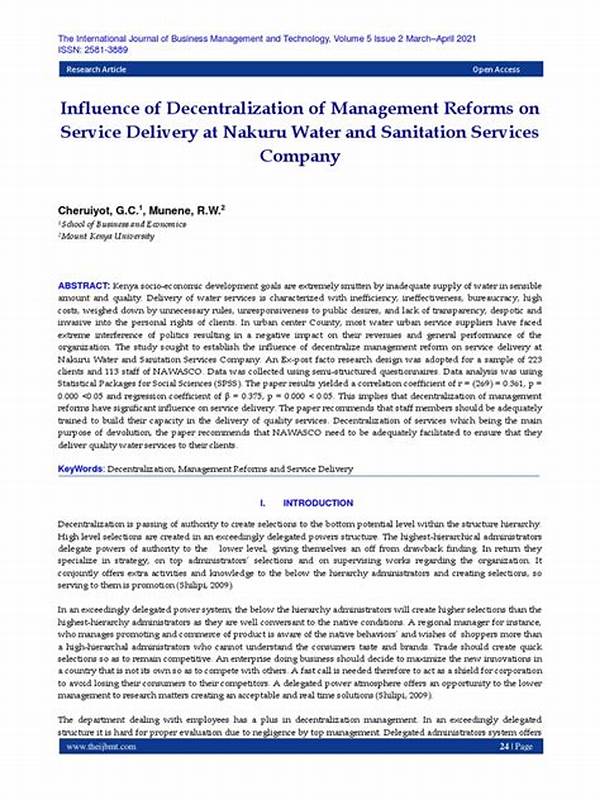Is Decentralization A Lie? The Unexpected Influence Of Whales In The Crypto Market!
The concept of decentralization is often touted as the revolutionary pillar upon which the entire cryptocurrency universe is built. The dream of a decentralized world has captivated the hearts and minds of tech enthusiasts, financial rebels, and visionaries alike. Cryptocurrencies like Bitcoin and Ethereum promise a world free from central control, where the average Joe has as much sway as the financial Goliath next door. Yet, lurking beneath this ideal are market whales with massive holdings that can sway the market at a whim. This has led many to ask: is decentralization a lie? The unexpected influence of whales in the crypto market is a jarring reality check to the dream of crypto-equality.
Read More : Best Apps To Track And Boost Your Credit
In essence, decentralization is supposed to democratize finance by distributing control and decision-making. Each participant has an equal say, ensuring fair play and transparency. In theory, it sounds idyllic. However, when a handful of wallets hold the majority of the currency, the power tends to accumulate with them, almost mirroring traditional financial systems where wealth begets power. These “whales” can manipulate prices, triggering buying or selling frenzies with just a few keystrokes.
A glaring example is the sudden market shifts that sometimes occur without any apparent reason or news. If a whale decides to offload a large chunk of their holdings, the supply-demand balance tips dramatically, causing prices to plummet. Conversely, a massive buy can lead to a bullish trend, not because of genuine market sentiment but because of a single individual’s or entity’s decision. So, is decentralization a lie? The unexpected influence of whales in the crypto market certainly challenges this ideal.
The Dominance of Whales and their Impact
Whales, named for their substantial market share and significant impact, are a controversial presence in the cryptocurrency realm. Many argue that their dominance contradicts the fundamental principles of decentralization that crypto purports. Large holders can leverage their position to sway market movements to their advantage, thus marginalizing smaller traders and investors.
This concentration of power isn’t just an abstract concern. It can lead to tangible consequences on the market and beyond. When whales make coordinated moves, they can cause a cascade effect, leading to drastic price changes. This volatility can deter new entrants and affect global ICO (Initial Coin Offerings) strategies, making it essential for regular investors to scrutinize the markets they’re participating in. Is decentralization a lie? The unexpected influence of whales in the crypto market sparks necessary debates and criticisms.
—
Understanding the Influence of Whales
In the convoluted world of crypto, the term ‘whale’ goes beyond literal interpretations. Whales wield immense power, often likened to traditional financial monopolies. Despite the crypto world’s aspirations of decentralization, these powerful entities bring with them the kind of volatility and unpredictability that ordinary investors find hard to navigate. This raises questions about the capability of cryptocurrencies to genuinely democratize financial landscapes. Are they inadvertently replicating the systems they’re hoping to dismantle?
These whales can also cause artificial inflation or deflation within the market as their large transactions can create a significant ripple effect. This is more than just a hypothetical scenario; it’s a recurring event that has plagued the crypto world. Researchers and analysts often find themselves keeping tabs on these behemoth holders to predict upcoming market changes, turning freewheeling trade into a game of chess played at colossal stakes.
The Critics’ Perspective
Critics argue that, in many ways, the presence of whales makes cryptocurrencies no different than the centralized systems they seek to overturn. Traditional financial systems have a few large institutions holding the majority of wealth – similarly, in the cryptocurrency market, a few large holders control a significant portion of the assets. Despite the decentralized architecture, the influence remains centralized.
The controversy is not without merit. Consider the staggering statistic from a 2021 report which revealed that 2% of accounts controlled over 95% of all Bitcoin. Such figures indicate that large holders have a disproportionate amount of influence over market prices, calling into question the true level of decentralization in practice. So, is decentralization a lie? The unexpected influence of whales in the crypto market could potentially undermine the original intent of cryptocurrencies.
—
Discussion Points on Whales and Decentralization
Analyzing Whale Activities
Whales are not just passive holders of large crypto caches; they are active participants whose decisions can alter the course of the market. Their actions draw scrutiny not only from small investors but also analysts who seek to uncover trends and anticipate market movements. When a whale makes a significant move, the reverberations are felt across the trading spectrum.
Into the Depths of Decentralization
The allure of cryptocurrencies was fueled by the promise of decentralization—a system where power was not in the hands of the few. Yet, as we unfold the layers of this new financial frontier, the unexpected influence of whales looms as a formidable challenge. While the blockchain assures transparency and immutability, it also highlights the disparities in holdings and influence that echo older systems. Is decentralization a lie? This provocative question remains a critical point of discussion among enthusiasts and skeptics alike, with the unexpected influence of whales posing a challenge that the community will need to confront.



